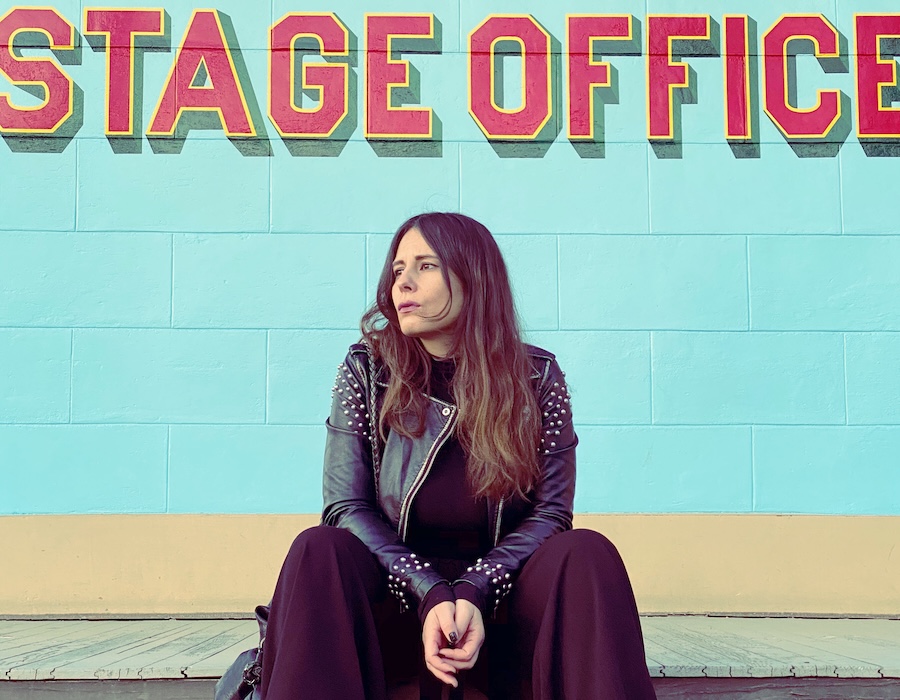News
Ivana Ivković: Art That Always Looks Ahead, Juxtapoz Magazine
- Back to news
Juxtapoz Magazine has published a new interview featuring Ivana Ivković, titled Art That Always Looks Ahead. The feature dives into Ivković’s evolving practice, her thoughts on the future of art, and how her work navigates space, memory, and the human form. The full interview is available on the Juxtapoz website.
“Your work frequently explores themes of power and control, particularly in relation to gender and desire. Do you see your art as a critique, an exploration, or something more personal—perhaps an unfolding dialogue?
Power and control are not abstract—they are lived realities, shifting through history, context, and bodies. My work doesn’t offer conclusions but creates spaces where these forces can be seen, felt, and questioned in real time.
In delegated performances like TRUST, MONUMENTS, and IN HIM WE TRUST, I confront the collapse of systems that shaped our reality—patriarchy, capitalism, the illusion of stable identity. These structures have symbolically fallen, yet their remnants still govern us. My work is not just a critique but a monument to that collapse—not in mourning, but as an invocation of something new. Monument: No One is Lost is not a lament but a declaration: when oppressive power crumbles, everyone has the chance to find their own way. Art has the right to imagine new (collective) values, no matter how utopian they may seem.
Over time, my focus has shifted from deeply personal themes to an urgent engagement with social realities. Delegated performance creates a simulacrum of reality, where the perversion of performance collides with the perversion we live in. It holds up a mirror—exposing economic forces and power dynamics, not just staging reality but deconstructing it. My exploration of masculinity was a way to locate power’s fractures and reclaim it—on my own terms. I don’t inherit power; I expose its instability. My practice is inherently queer, not just in its engagement with gender transitions, but in its insistence that transformation is the fundamental state of existence. Identity is not fixed; survival depends on fluidity and openness, beyond dogmas that seek to constrain us. Performance is a rupture—a break from inherited structures and an opening toward something beyond control, yet collectively imagined.”
Excerpt from the interview, Juxtapoz Magazine, April 29th